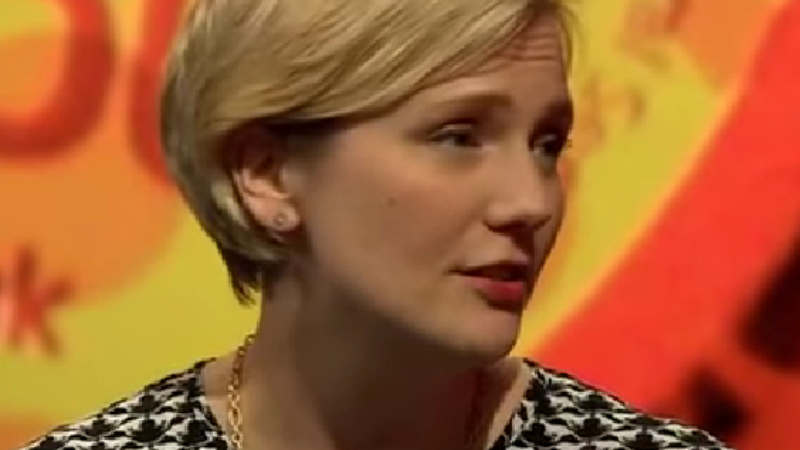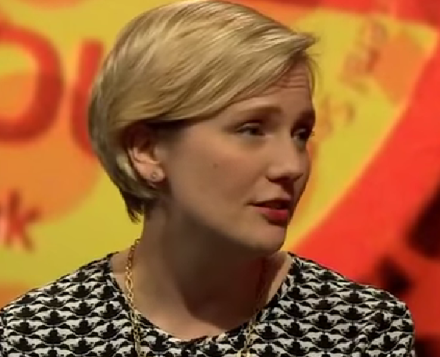

The battle for Remain is currently lost. That doesn’t mean that things won’t change in the future, but for the time being, the momentum is wholly with the Brexiteers. Labour must accept the status quo, but with enough reservation that we can shift our position if the public mood shifts significantly.
May’s visit to Washington makes a good case for the potential fluidity of the public mood. The warm fluffy feelings that the Brexiteers felt on seeing the hand-holding photos were replaced the very next day, by revulsion, as Trump banned whole countries from travel to the US.
Britain has become the client state of a superpower whose political values we despise. However, this isn’t a mortal blow to the Brexit case, because the important point in the eyes of Brexiteers is that we are close to power. We still have the promise of a trade deal. Our weakness isn’t destroying us, so isn’t a problem. Those who believe we must walk through a dark tunnel to reach the light are people who only see the light, and you know what people are like when that happens.
If there was a series of humiliations over a period of time, and if the economy deteriorated, then the mood would start to shift. The chunk of voters in the middle, of no strong view, would shift across and cause the scales to upend. But that hasn’t happened yet. And, until it shifts, it is unwise to resist it.
If there was a button in front of me now, that would end Brexit, I would not push that button. Because the division caused by the referendum would be multiplied by ten if the Brexiteers were denied their prize, without first losing the argument. The EU conflict would bubble on bitterly for a generation or more. We have to win the argument, and we are nowhere near it, right now.
The reason the economists got it so wrong about the affect of Brexit vote is that they didn’t foresee that the exchange rate would adjust to allow for potential tariffs. They looked at the additional cost of tariffs on business, and concluded that British business would become uncompetitive. Therefore Britain will immediately face a recession. But then sterling fell on the foreign exchange, which would make British goods cheaper to people abroad and cancel out those likely trade tariffs. This is what has made Theresa May so confident. Ironic though it would normally be, a weak pound has been the making of her.
However, the weak pound is creating inflation as we speak. Those on the lowest incomes will suffer the most. And with lower consumer spending, the British economy will slow down. Business investment has been dire since the referendum, so that will be unlikely to take up the slack. No one wants to call a recession, because they’ve been wrong before, but all the ingredients are there. On top of that, the pound could suddenly reverse its decline, creating a whole other set of problems.
All we know is that if the economy suffers, then the argument would likely shift. Those who see the light will refuse to accept it is anything other than a test on the way to Utopia. But those who spend more time worrying about what to get the kids for tea, will be less accepting of an eroded income.
If the forthcoming rush of European elections produces moderate and acceptable leaders, then the EU will look more appealing. If the Labour Party continue to have as much of a spring in their step as Stella Creasy did on Newsnight, or Yvette Cooper and Emily Thornberry did in the Commons, then hopefully we can start to make up for lost time.
Donald Trump has had only two weeks to prove to the world that the type of politics represented by Nigel and May is not the type of politics that the British people want. In terms of purely political advantage, he has been manna from heaven. His first two weeks were extraordinary. There are 258 eight weeks to go. He might be frightening, but he might also be doing us a huge great big favour.




More from LabourList
‘Factionalism at the top is weakening Labour – and handing a gift to Reform’
‘Europe must stand strong on its own as US security guarantees grow conditional’
‘Tackling poverty should be the legacy of Keir Starmer’s government’